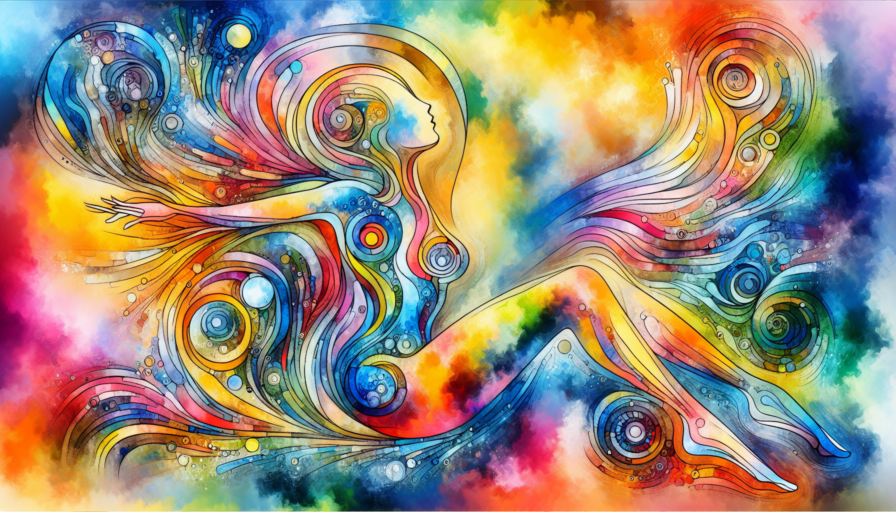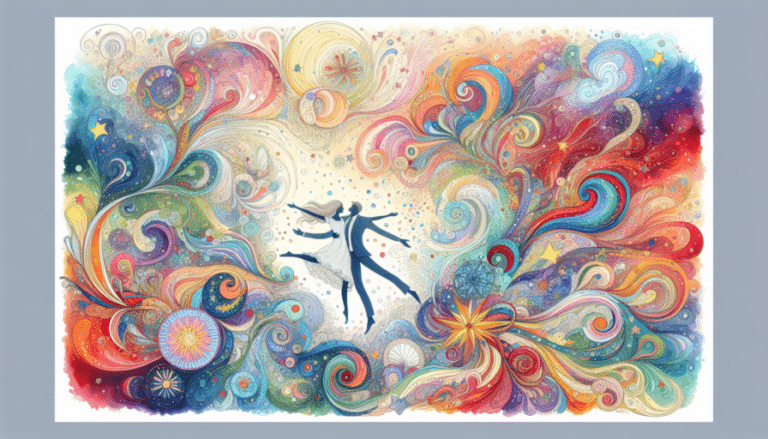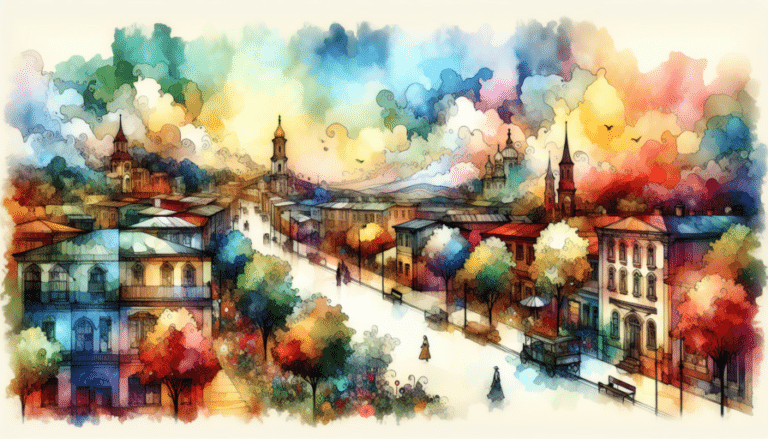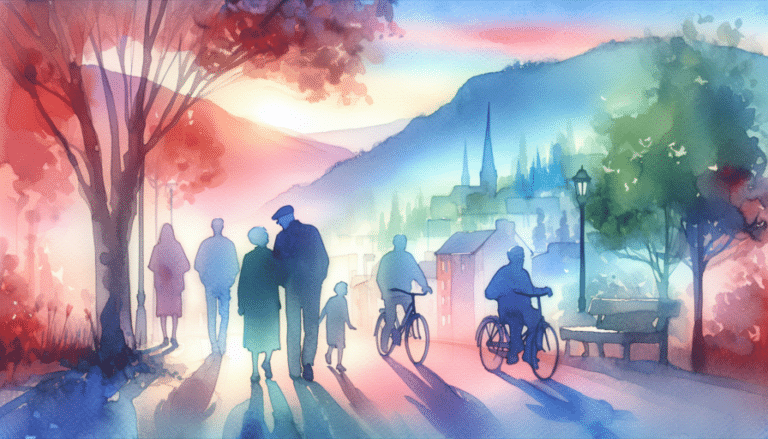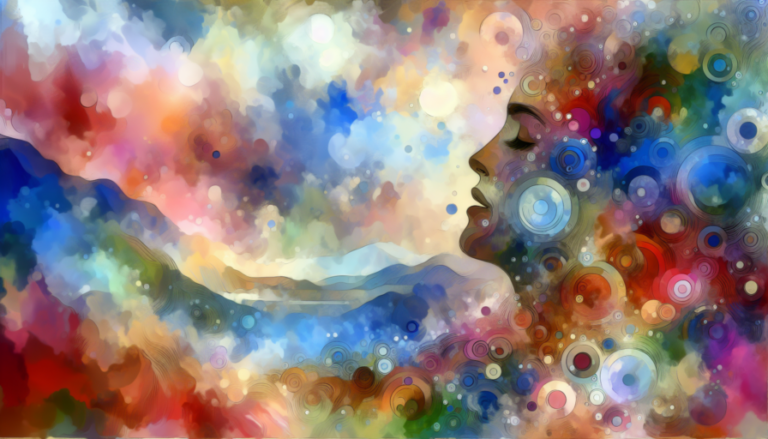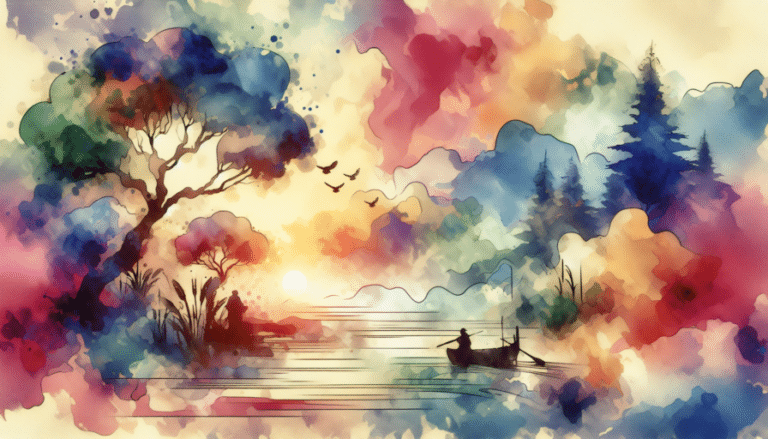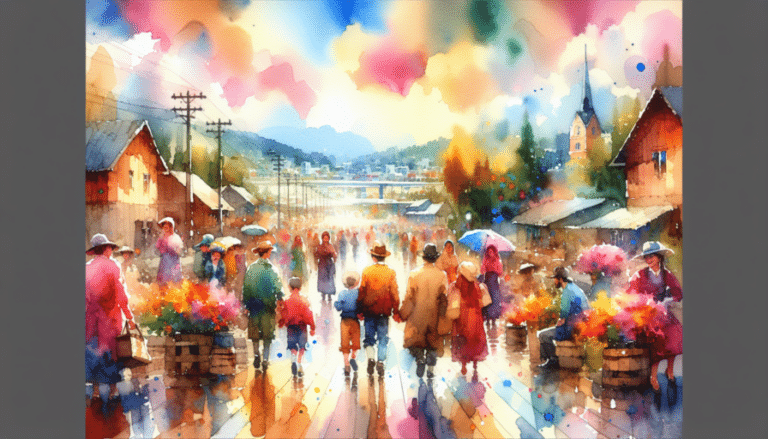The Complexity of Human Nature
The Complexity of Human Nature
Once, in a town wrapped in veils of mysteries and histories, there lived an old man named Philip and a curious young boy named Marco. Philip, a man of many decades, had a frail yet compelling appearanceto him. With deep creases etched on his forehead like complex labyrinth and eyes that held volumes of untold tales. He was an archaeologist by profession and a storyteller by passion. Laid out in his humble abode were glyphs of cryptic languages, remnants of ancient civilizations, and encapsulated fragments of time that held textures of past.
Marco, on the other hand, was always buzzing with questions. A boy of 10, who carried a spark in his eyes and an insatiable curiosity in his heart. His rosy cheeks and freckled nose complimented his playful charm while his wild imagination praised his exploring nature.
Philip and Marco were unlikely friends, bound by the strings of stories and mysteries. One fine afternoon, Marco discovered a peculiar curio among Philip’s vast collection – a wooden box with no visible opening. Intrigued, Marco asked Philip about it, and thus, began a new tale.
«This, my young friend,» Philip started, his eyes twinkling, «is not just a box. This is a puzzle that holds a secret message from an ancient civilization.» The box was a dark mahogany, etched with cryptic engravings; it induced an air of nostalgia and mystery.
Over the weeks, the duo often sat together, trying to unlock the secrets of the wooden box. The narration of shared laughter, strange speculations, trials, and errors marked their every interaction. A bond was growing, so were the enigma of the box and the anticipation of its revelation.
One cloudy evening, they finally found the last clue – a hidden tray that slid out to reveal a papyrus scroll. Trembling with excitement, they carefully unrolled it, revealing an ancient map and a cryptic prophecy.» It speaks of a well of wisdom,» Philip translated, his eyes dancing with excitement.
Although the actual well was but a myth, the well of wisdom symbolized the depth and complexities of human nature. Our ability to love, hate, create, destroy, learn, forget – it narrated the essence of being human. The scroll was a testament to the profundity of life and the paradoxes we embody. The note ended with a cryptic code that, when deciphered, read ‘Look within to find the light.’
Marco was initially disappointed about the non-existence of an actual well. Still, Philip explained that the real treasure lay in understanding ourselves and others. It was the realization that life was about accepting our complexities and finding the balance within.
In time, Marco grew to understand Philip’s words. He learned that every person has a world within them, full of mazes as complex as the wooden box. His friendship with Philip transformed him, providing him with the wisdom that others his age seldom possessed. The tales from the past had shaped a better future for him, and he was content.
And so, among the banality of everyday life and the complexities of ancient civilizations, a young boy and an old man unearthed the most profound mystery – the complexity of human nature and the beauty it held within.
Reflections on the story «The Complexity of Human Nature»
The tale serves to remind us all about our own complexities and the unexplored depths of our character. As we journey through life, we must strive to understand ourselves better, celebrating our joys, understanding our sorrows, and unraveling our mysteries. Like Marco, we must puzzle through our own box of complexities to appreciate the beauty of being human. And that, dear reader, is the crux of this humble tale.

